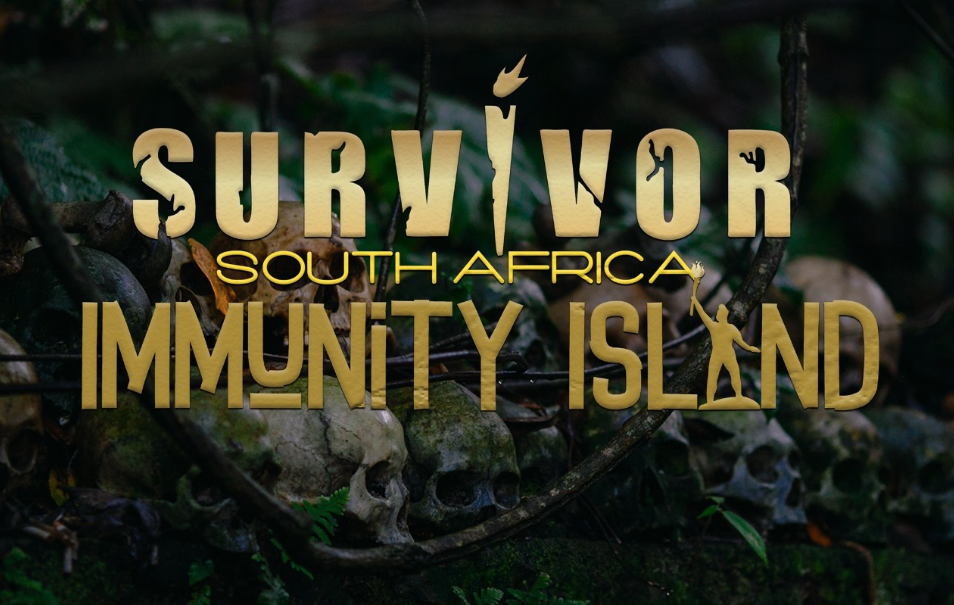Survivor South Africa is a powerful force within TV culture.
Survivor as a concept has a particular knack for feeding our entertainment cravings. It’s that raw, almost primitive kick. Watching our fellow locals brave fierce conditions in exotic settings, facing challenges we’d like to imagine we could handle, and revelling in drama as it unfolds (a safe distance away from us, thank you very much) are guilty pleasures for many of us.
But the real joy in Survivor’s return is, perhaps, not about us as the audience. It’s behind the lens. The promise of our entertainment industry getting back on its feet, and the story of the perseverance it took to get here.
Last year, a huge aspect of South Africa’s television culture went awol, unwillingly, of course, thanks to Covid-19. The entertainment industry as a whole, from tunes on the television, took a massive knock. In terms of TV, live broadcasts and reality shows were pretty much punched in the face by the pandemic’s restrictions.
In an effort to understand this season on a deeper level, Cape {town} Etc’s Ashleigh Nefdt spoke to Leroux Botha, a creative producer on the show.
1. Was there a different location in mind that would’ve been the first choice (for filming) if not for Covid-19’s travel restrictions?
(This year’s season was filmed on the Wild Coast, which was the first time the contestants would have a local setting as their colosseum.)
- “When we got the green light from M-Net for season 8 in October 2019, we [had scouted] several international destinations to film the season. However, the pandemic was at its infancy and we realised that if we were to film a season of Survivor SA, we might have to start looking closer to home,” Botha reveals.
- The Wild Coast was already confirmed in 2020 (right before the pandemic, at its toughest, struck) and from this point, filming faced numerous delays due to restriction after restriction.
- “I spoke to each of the contestants before we started filming and asked them if they were disappointed that we were filming in South Africa – no one was. They just wanted to play the game,” says Botha.
- “This season was also anything but comfortable. We realised very quickly that this season was going to be a wet one. And the Wild Coast is truly wild. The rain and wind were unforgiving, and the castaways really did suffer,” Botha adds.
- Botha commends everyone on screen, behind the lens, and in between. From the crew who worked gruelling hours, to the editing team who weaved hours of footage into coherent storytelling. He also applauds the Art department and challenge teams for all the beautiful treasures and trinkets that were brilliantly created.
- “For many of our crew, Survivor SA was their first work after the lockdown,” Botha expresses.
- “There was a lot of passion that went into this season from everyone, crew and cast alike. The crew really put their hearts and souls into this production, which is a tough production even outside of the pandemic,” he added.
- “It takes a dedicated team of storytellers to firstly film and document the different tribes and their stories, and then, for the incredible editing team to make sense of the hundreds of hours of footage and tell a cohesive, entertaining story.”
- “[The season] was filmed in a COVID-safe bubble,” says Botha.
- “Each department was assigned a group, and you could not mingle with someone from another group.
- So the Art Department could not mingle with the Camera department. Only the content producers could interact with the castaways, [in order] to limit external contact with them.
- We had a 100% negative test rate on the initial COVID tests from all of the crew and cast, and we filmed for 39 days without a single case.”
- “I definitely think that the castaways were more ready than usual to play the game of Survivor,” Botha notes.
- “Lockdown had them all get stuck in Survivor mode and the ‘uncomfortable instinct’ really came to the fore. And you can see it in the gameplay this season.”
- “Usually Survivor shoots are very social,” as Botha recalls events like pre-season parties, round merge and wrap parties “where the entire crew [gets] together and [has] a party.”
- “This season, we could not mingle with anyone outside of our designated groups,” Botha mentions.
- However, his fondest memory was something of a reunion.
- “We were on Day 36, and at one of the biggest challenges of the season. We organised for the entire crew to come to set, in their specific groups, social distancing, masks on, and we took a crew photo on the large challenge set.
- It was the first time that the entire crew was together and it was quite a special moment. For everyone to see their colleagues, some for the first time, but everyone working hard towards one goal, to create a spectacular season of Survivor SA. It’s a moment that will always stay with me.”
Picture: @Survivor_SA

